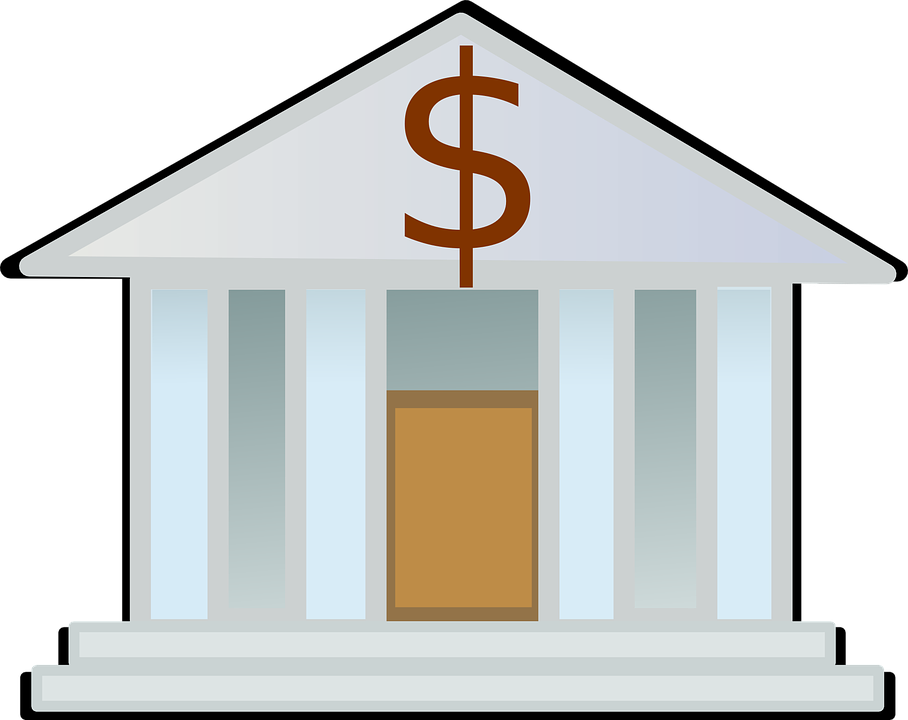When you decide the time is right to buy a new car, it’s easy to get carried away. With so many makes, models, and exciting new features available today you can feel like a kid in a candy store. But there’s one factor that can jam the brakes pretty quickly on your big hopes and dreams: your budget.
Keeping your budget in mind is incredibly important when deciding what car is right for you. But how do you know how much you can actually afford?

When determining how much car you can afford you need to carefully consult your budget. That means all of your incoming money and all of your outgoing money. There is a general rule that you should not spend more than 20% of your monthly income on transportation expenses.
That may sound pretty cut and dry, but that 20% of your income doesn’t mean that you can spend 20% on your car payment alone. That number includes:
Gas
Parking
Maintenance
Insurance
Other car related expenses
While it’s hard to predict every expense, you should have a rough idea of how much gas you go through, how much your insurance will be, and whatever other expenses you may have. If you have a monthly income (take home income, not your salaried amount) that is $4,000, your monthly car expenses should not exceed $800. If you spend $100 on gas, $100 on insurance, and $100 on other expenses, your monthly car payment should not exceed $500.
Your car payment will depend on three main factors:
The price of the car. The less expensive your car is, the less your monthly payments will be. This price is dependent on the make, model, trim level, and other features you may want in your car.
The car loan APR you are offered. The car loan APR you are offered will be based on your credit score, the market rates, and other factors.
Your repayment period. The shorter your repayment period is, the higher your monthly payments will be. But this also means you will end up paying less in interest over the life of the loan.
Before you go shopping for a new car you should have a good idea of what type of car payment you can afford. While you can negotiate on the price, the APR, and the repayment period, you want to be sure you do not get in over your head with a car payment that you cannot afford.

Your car loan payments will depend largely on the type of financing you can secure. When applying for a car loan, lenders will look at the 5 c’s of credit. These characteristics help them decide how credit-worthy you are. The car loan APR that you are offered will be based in part on these factors. Together they paint a picture of how risky your loan is.
Your character refers to your credit history and how well you have managed your debts previously. Lenders will look at your credit report to determine whether or not they think you are an eligible candidate for a loan with a good APR. The best thing you can do before applying for a car loan is work to improve your credit score.
Capacity refers to your ability to repay the loan. Lenders look specifically at your debt to income ratio. You can calculate your debt to income ratio by adding up your monthly debt payments and dividing that by your pre tax income. Multiply that by 100 to get a percentage. Experts recommend that this number be below 36% for homeowners and below 20% for renters. This number tells lenders whether or not you have the means to repay the loan you want.
Capital refers to the amount of money you will actually put down as an investment on your loan (a down payment). The larger your down payment is, the more favorable your terms will be.
Your collateral is what you will lose should you fail to repay your loan. Your new car is the collateral for a new car loan. When there is collateral the loan is referred to as a secured loan, which is less risky for a bank than an unsecured loan. Secured loans tend to have more favorable terms.
Conditions refer to any other factors that may affect your loan, such as the prevailing market rates.

If you know how much you can safely afford for a car payment every month, you can roughly estimate the market price of the type of car you can afford. But the lower you can get this number, the better off you will be every month when making your payments.
When it’s time to buy a car, follow our steps below to ensure you get the best deal possible.
Doing your research is essential when it comes to buying a car. Not only do you need to figure out how much you can truly afford to spend every month, but you need to figure out what a fair price is for the car you are interested in. Checking Kelley Blue Book and Edmunds can give you an idea of what a fair price is for the car you are interested in.
While we all have our dream cars and dream features, it’s important to be flexible when shopping around. This is especially important in today’s car market where there are shortages and increased price tags. Having an open mind will help you find a car you love for the right price.
Look high and low for any deals that might be out there. You should look around at a number of different dealers and compare pricing, and then compare those to online dealers. There are a lot of online dealers, including:
Autotrader
Cars.com
CarsDirect
Carvana
Enterprise
TrueCar
Vroom
If nothing else, having other numbers for comparison can help you negotiate at a dealer.
Getting preapproved for your car loan before you even set foot in a dealership is a great idea. It will give you more leverage when you visit the dealership and will also help ensure that you stay within your budget. You can also shop around ahead of time for a reasonable rate, which is always a good idea.
It is incredibly easy to get talked into add-ons and features that will drive up the price of your car significantly. Anti theft devices, window tinting, key protection, paint and fabric protection, all season floor mats, and wheel locks are just some of the features they may offer to you. While some of these may be worth it to you, keep in mind that they will increase your car’s total price by thousands of dollars. It’s a good idea to prioritize which features might actually be worth it to you, and which are less important. When you see the price tag you can determine if the extra money is worth it.
When you are buying a car there are a number of places where you can negotiate to get the best terms possible. First, you should always negotiate the market price. If you can prove that you can find the car at a lower price elsewhere you will be more likely to get a good deal. You should always be willing to walk away from a bad deal, so don’t let your emotions get the best of you.
Additionally you can negotiate any fees that might be tacked onto your car purchase. There are a number of added fees you may be expected to pay when you buy a car. These may include:
Documentation fee
Advertising fee
Shipping fee
Dealer fee
These are easy places for the dealership to make a deal with you, so if nothing else be sure that they cut some of these extra fees.

Buying a car is a big deal, but being prepared can help ensure that you get a good deal. Doing your research, getting preapproved, and negotiating your car’s price are just a few small steps that can save you thousands of dollars.
If you are having trouble keeping up on your monthly payments for your car, refinancing can help you get your payments down to work within your budget. By refinancing to a lower car loan APR or changing your repayment period you can reduce your car loan payments by hundreds of dollars per month. Sound good to you? Get in touch with Auto Approve today to find out just how much you could be saving every month!